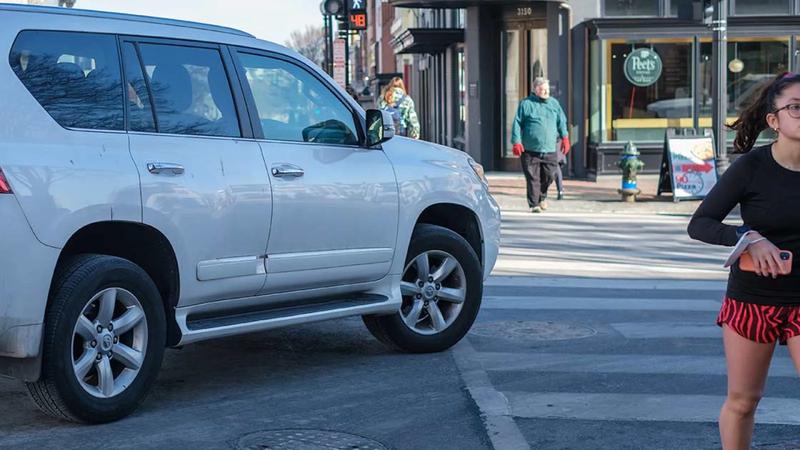We know that the age of pure internal combustion-engined Lamborghinis are coming to an end, with the carmaker’s future roadmap including a gradual transition to hybrids as well as bringing out their first all-electric car. That being said, the Italian supercar maker is giving pure ICEs a last hurrah of sorts for the short-term, with two new versions of the Urus and Huracan set to arrive in the next few months. That will be followed up with the long awaited successor to the Aventador, which will debut in 2023.

While the carmaker hasn’t given out any details regarding the models on the way, we think the Urus and Huracan models will be more hardcore versions of their standard counterparts as a nice little swansong for pure ICEs. For reference, the Urus SUV has a 4-litre twin-turbo V8 making 650PS and 850Nm, with the Huracan being powered by a 5.2-litre V10 pushing out 640PS and 600Nm. Lambo will be aiming to squeeze out as much horsepower as possible from these two motors.
As for the long-awaited Aventador successor, it has some big shoes to fill. Its predecessor utilised a 6.5-litre naturally aspirated V12 motor and delivered 780PS and 720Nm in its final Ultimae specification. And considering Lamborghini’s first hybridised model will arrive in 2023, it looks like it’ll be the Aventador’s successor since their timelines match.
Currently, the only electrified raging bull is the (already sold out) Sián hypercar, running a 48-volt mild-hybrid setup, and that gives a preview of what to expect next. The Sian’s 6.5-litre V12 hybrid setup put out a healthy 819PS, and instead of conventional lithium-ion battery packs, the Sian’s 48-volt mild-hybrid setup used supercapacitors. The perks, according to Lamborghini were the ability to store ten times more power while being three times lighter than a battery
Lamborghini’s recent announcement is only a small snippet of what’s to come, with the carmaker working on introducing its first-ever fully electric offering by 2030. Earlier, Lamborghini had revealed that its entire lineup will be hybridised by 2024. That said, the carmaker has their lips sealed on any other details about the EV.




